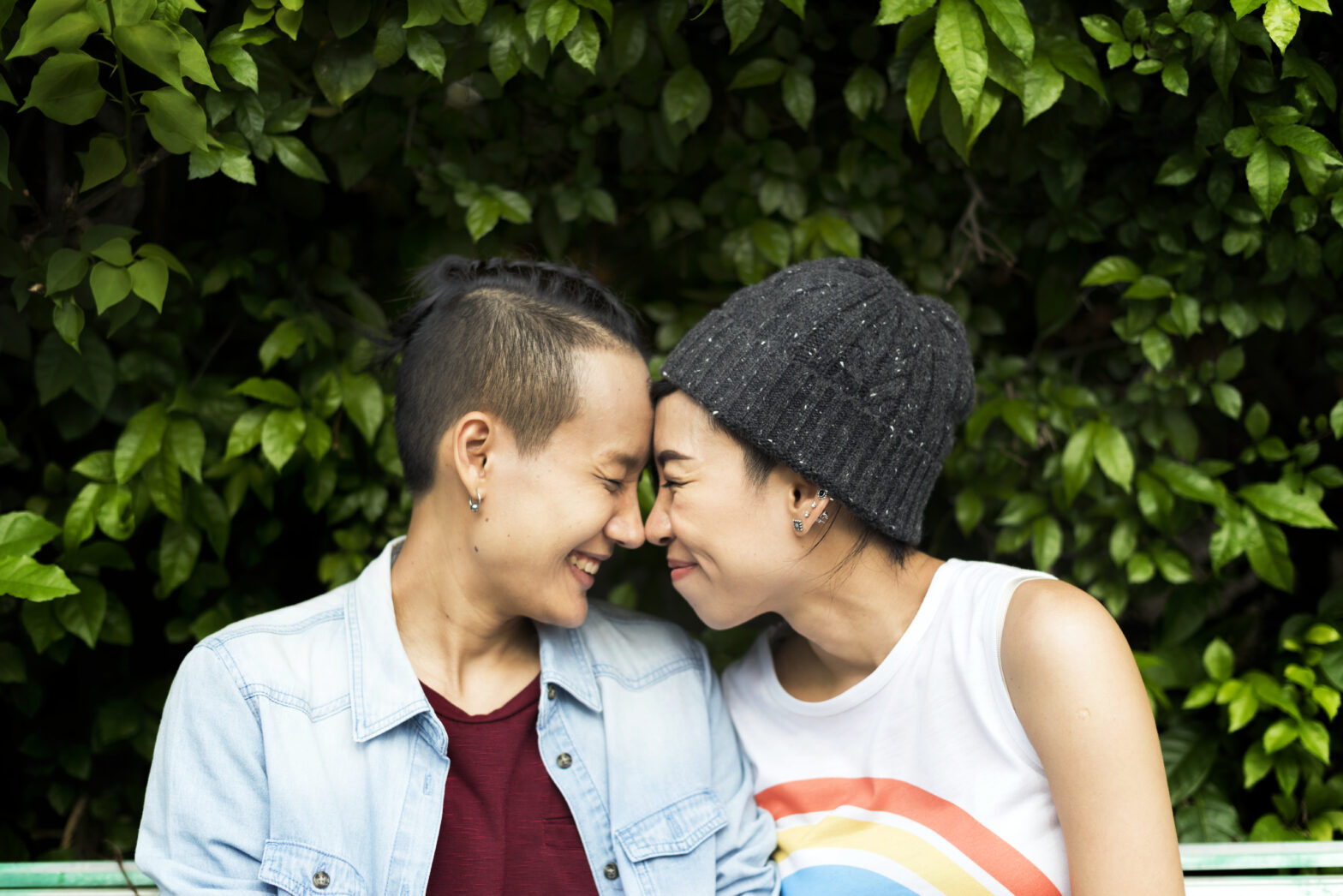Article by Em Chadband, FP2030 Communications Manager
FP2030 is based on the principle that all people, no matter how they identify, should have access to a full suite of reproductive health care. Too often in the context of family planning, the LGBTI community is overlooked — sometimes maliciously and sometimes because their needs are misunderstood or ignored. But they are a key population that is at heightened risk of pregnancy, HIV acquisition, gender-based violence, and more. Although data on these communities is limited, studies have shown:
- Unintended pregnancies are more common among lesbian, gay, and bisexual people, according to a study in The International Handbook on Adolescent Pregnancy.
- According to another study, gay and bisexual men impregnate their partners at higher rates than heterosexual men.
- According to the World Health Organization (WHO), men who have sex with men are 24 times as likely to acquire HIV than the general public, and transgender individuals are 18 times as likely. Additionally, transgender men are at risk of unintended pregnancy and HIV.
- Lastly, trans people are sometimes denied health care if the gender marker on their identification does not match their gender presentation or identity. They are also at risk of violence in accessing health care.
It’s clear LGBTI populations have a need and desire for family planning. So how can programs be more accessible to them? In many ways, the family planning needs of LGBTI individuals are the same as for cisgendered, heterosexual couples, but several areas are of particular importance to the LGBTI community:
- Inclusive and comprehensive information: When education exclusively mentions relationships between heterosexual, cisgendered couples, it denies the existence of LGBTI people and partnerships and it contributes to anti-LGBTI stigma and shame.
- Integrated HIV and sexually transmitted infection treatment with family planning: Because men who have sex with men and transgender people are at higher risk for HIV acquisition, these communities benefit from integrated care that helps them learn how to prevent unintended pregnancies and HIV acquisition in one place.
- Access to family planning services regardless of gender markers: For many trans and intersex identities, the gender marker on their identification card does not match how they identify or how they present themselves. For some identities, like intersex individuals, their gender marker might match their identity, but not their sex.
- Freedom from stigma, as well as punitive legal measures, when accessing family planning: The policy environment of any given country or community greatly influences how people can access reproductive care in the region: Is there an age restriction or parental consent law? Are contraceptives freely given only to individuals within a marriage? LGBTI individuals are greatly affected by these laws, as any other person would be, and they also face the burden of anti-homosexuality laws and stigmas. For example: Are their sexual relationships criminalized? Will they face violence or persecution if they disclose their sexual activity? Can they trust in the confidentiality of the patient/provider relationship, or do they risk exposing their identity to others in their community?
- Access to a full method mix, free of assumptions: Like anyone else, LGBTI individuals need access to a full range of contraceptive methods and reproductive care, including dental dams, condoms, and lubricants, without fear of choosing a method that doesn’t match their perceived gender.
- More inclusive language when accessing care: When providers counsel individuals on family planning, they shouldn’t assume a client’s gender or sexuality.
If a family planning program meets the needs of LGBTI individuals, it better meets the needs of everyone else, too: We all benefit from quality, rights-based family planning, free of stigma, violence and coercion, and with fewer restrictive policies regarding contraceptive access. So when we remove these roadblocks for LGBTI people, we make programs more accessible for everyone.
*FP2030 uses the term “LGBTI” to stay consistent with the UN’s terminology. It stands for lesbian, gay, bisexual, transgender, and intersex, but the acronym is meant to represent all sex and gender representations that are not heterosexual and cisgendered.
